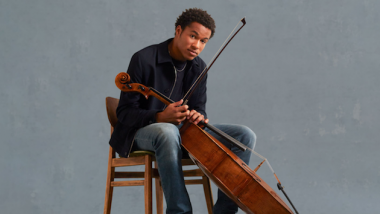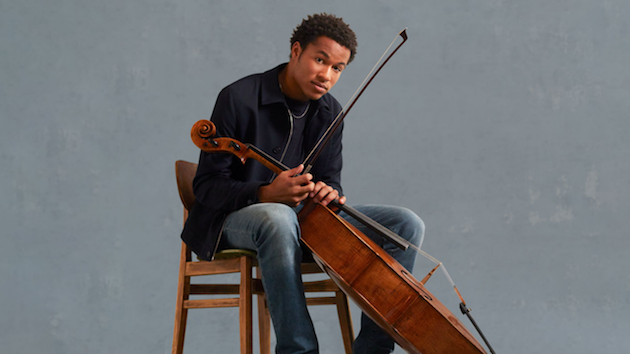
Clutching the microphone and focusing wide eyes toward the audience, Sheku Kanneh-Mason uttered a surprisingly soft: “Hello ... hello.” The crowd in UC Berkeley’s Zellerbach Hall Wednesday chuckled in response, delighting in the British cellist’s genteel nature.
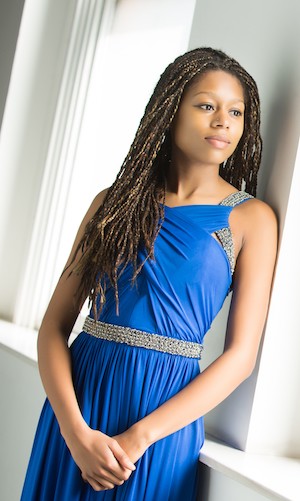
To be fair, it was a shift. In the concert’s opener just prior — Beethoven’s 12 Variations on Mozart’s “Ein Mädchen oder Weibchen” (from Die Zauberflöte), Op. 66 — Kanneh-Mason and his sister, pianist Isata Kanneh-Mason, burst out of the gate with a crackling, confident performance. Through deft phrasing, lithe articulation, and bold, united stage presence, the siblings seemed to celebrate the work’s spirited, dance-like energy. And also to present their virtuosic chops.
As fans have beheld in many of his viral videos, Sheku plays with a distinct emotional earnestness. In the Beethoven, he immediately surrendered, swinging easily in his chair and bowing fluidly. Waves of emotion reigned over his facial expressions. While Sheku ended phrases with grand, sweeping upbows unleashed up and away, Isata often bounced and lunged from her bench, jockey-like. Graceful yet assertive, she imbued even the most delicate moments with pointed power. They were an instantly watchable duo.
How delightful then, that the siblings Kanneh-Mason — Sheku, 20 and Isata, 23 — appeared so humble. After intermission, Sheku spoke again: “Thank you very much for staying to the second half.” It’s as if he’s not aware he has 137 thousand Instagram followers. Sheku, as you know — and, perhaps the reason you clicked this headline — is known for performing at the wedding of Prince Harry and Meghan Markle, to a global television audience of two billion. He was the winner of the 2016 BBC Young Musician competition and served as young-artist-in-residence at the Royal Liverpool Philharmonic. He’s studying at the Royal Academy of Music. Next month he releases his recording of Elgar’s Cello Concerto.
Isata is a postgraduate student at the Royal Academy of Music, where she held the Elton John Scholarship. This year she released her debut album, Romance, centering on lesser-known gems from Clara Schumann. Even more exciting is that they seem the tip of the Kanneh-Mason talent iceberg: their five siblings are also musically gifted (most of them appeared together on Britain’s Got Talent). Sheku and Isata also perform in a trio with their brother, violinist Braimah Kanneh-Mason.
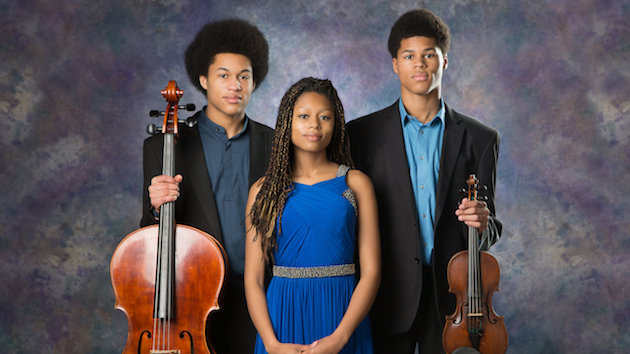
This duo’s tight-knit communication — marked by plenty of eye contact and reassuring gestures — should not come as a surprise; they’ve been performing for years. They brought exuberance, but also offered chamber music at its most intimate.
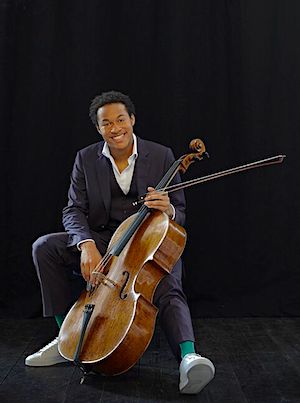
The programming showcased their muscular virtuosity, but more so their gifts for traversing wide emotional terrain. Two lyrical, quintessentially romantic sonatas anchored the program: Samuel Barber’s lesser-known Cello Sonata in C Minor, Op. 6 and, to close, Rachmaninoff’s Cello Sonata in G Minor, Op. 19. Grave, by Lutosławski, provided a sharp contrast to the Beethoven opener, with its evocative, contemporary textures.
Sheku might have been the marketing lodestone, but a hulking takeaway was that Isata, steady and compelling at the piano, is worth equal rising-star status with her brother. The programming itself foregrounded this. The Rachmaninoff is less a work for soloist and accompanist and more a detailed dialogue — the composer was a virtuoso pianist, after all. Sheku’s tone was the most lucid here, crafting the sweeping, romantic, Russian-tinged melody in the opening Lento – Allegro moderato with shapely, dulcet tones. Generally, Sheku whipped up a lavish timbre; at times a slightly congested buzz hovered on his Antonius and Hieronymus Amati cello. The Allegro scherzando, ornate and taxing, was especially pleasing, with Isata and Sheku locking into a passionate dialogue. Fleet-footed, they pivoted through dynamic and tonal contrasts.
Fervent energy sometimes pushed aside clarity in tone. At times in Barber’s Adagio, the cello’s phrases dissolved slightly against the piano. Overall, their performance of this sonata, written when Barber was around the same age as these players, was a sumptuous plunge. Isata set in motion the final movement, the Allegro appassionato, with determined, stormy, left-hand arpeggios. As the work reached a climax, Sheku leaned into the mood, deep exhalations lending power.
It wouldn’t be a concert of showmanship without an encore, and the siblings chose theirs well. They performed a transporting version of “In the Bleak Midwinter,” a British holiday carol staple. They turned it into a true earworm, showing off their speed and elasticity after such a demanding program. Sheku spiced it up with delightful, crowd-pleasing, ricochet bowing and charming pizzicato plucks, triggering chuckles from the audience — some light for a dreary December.

